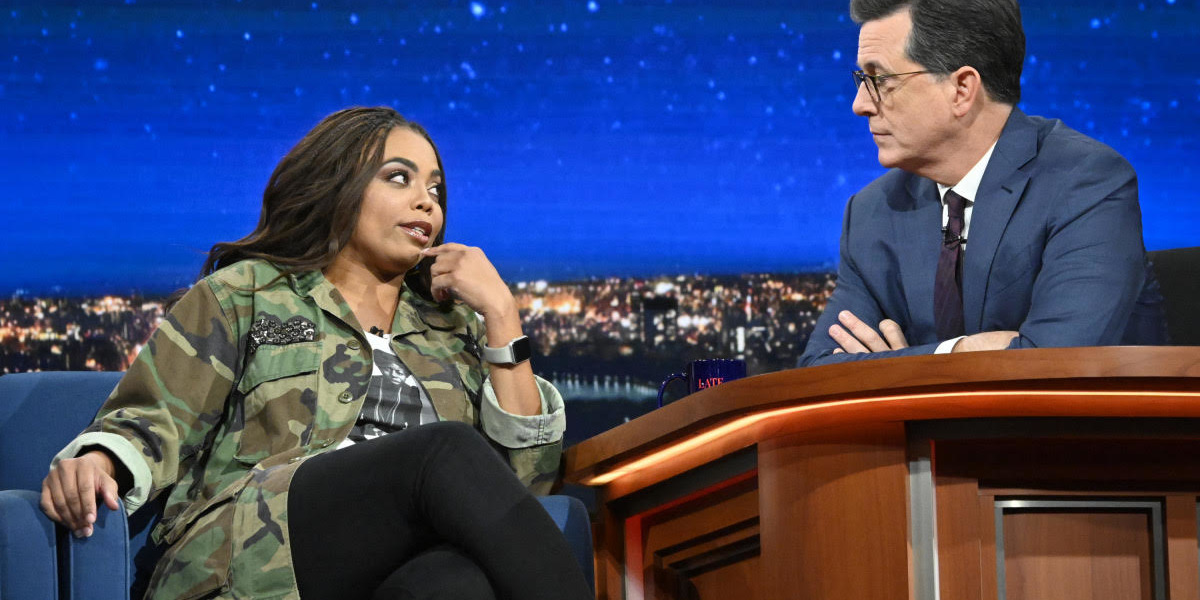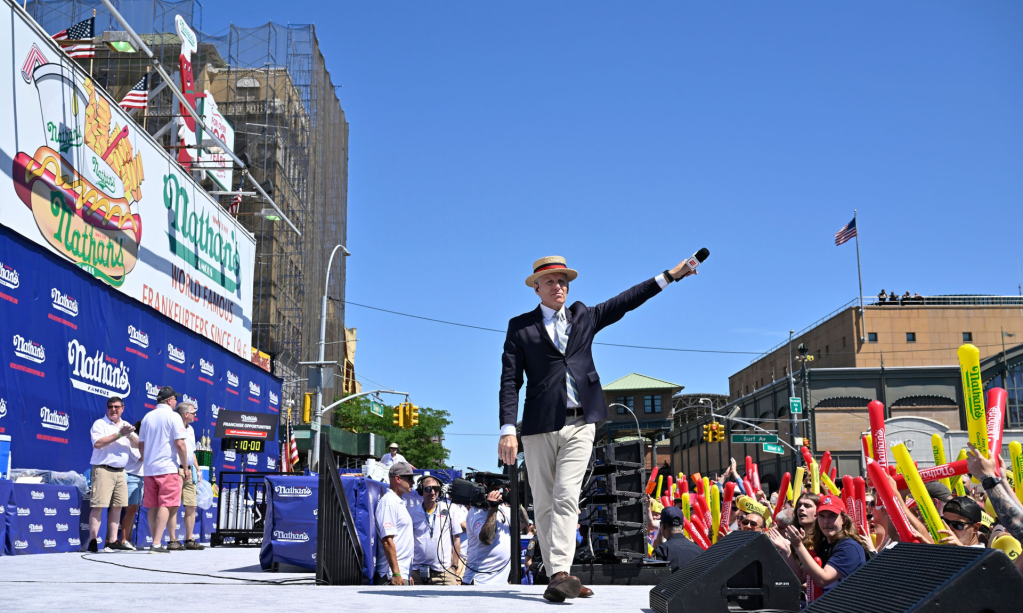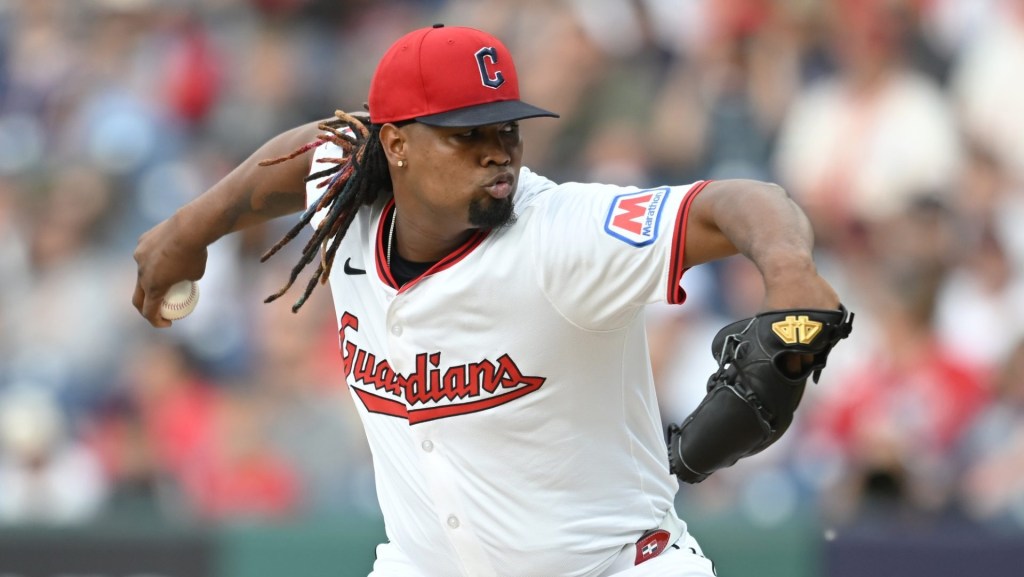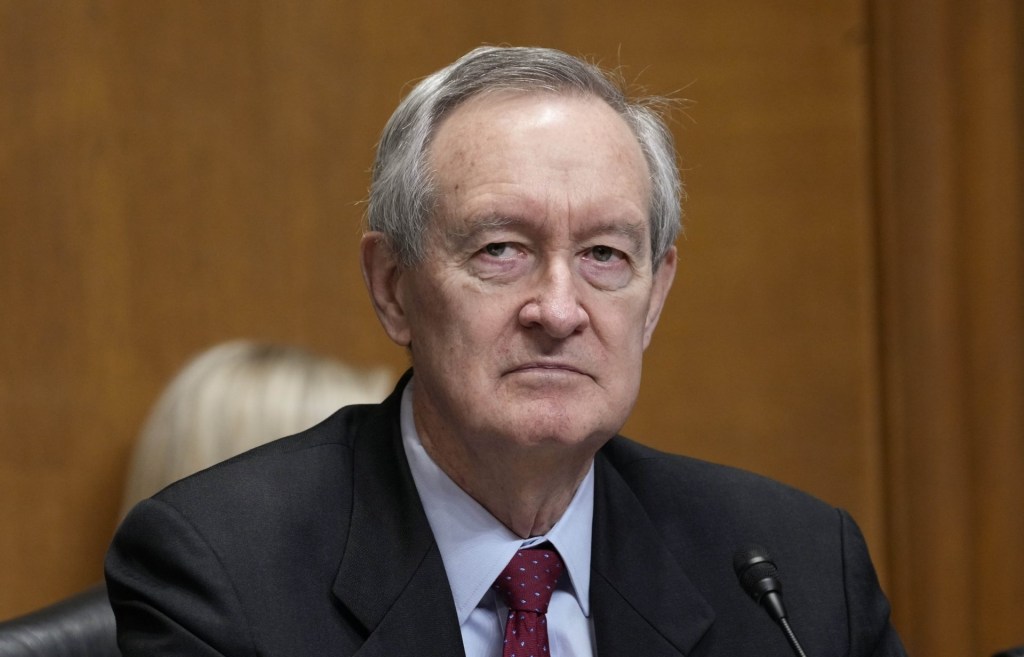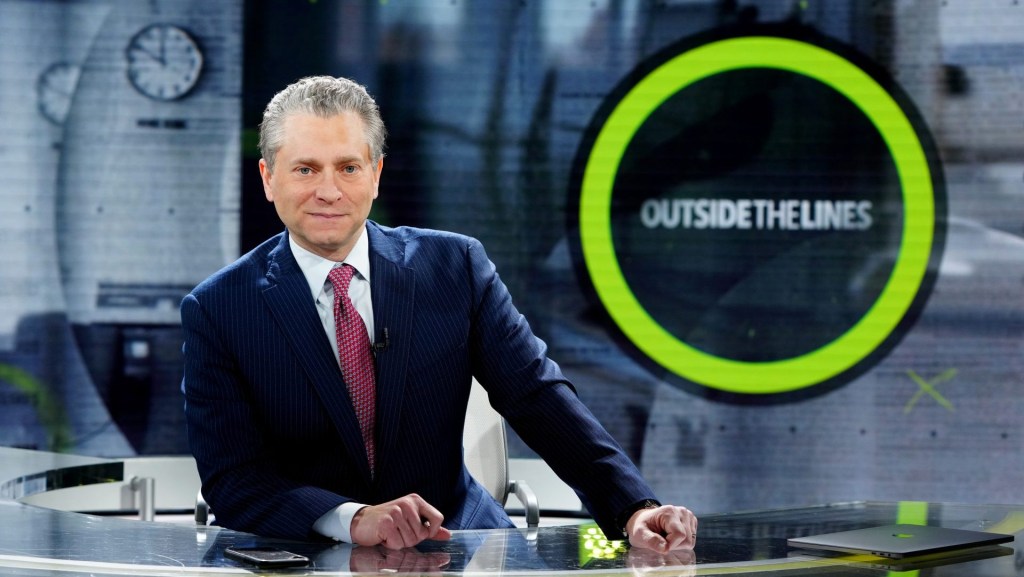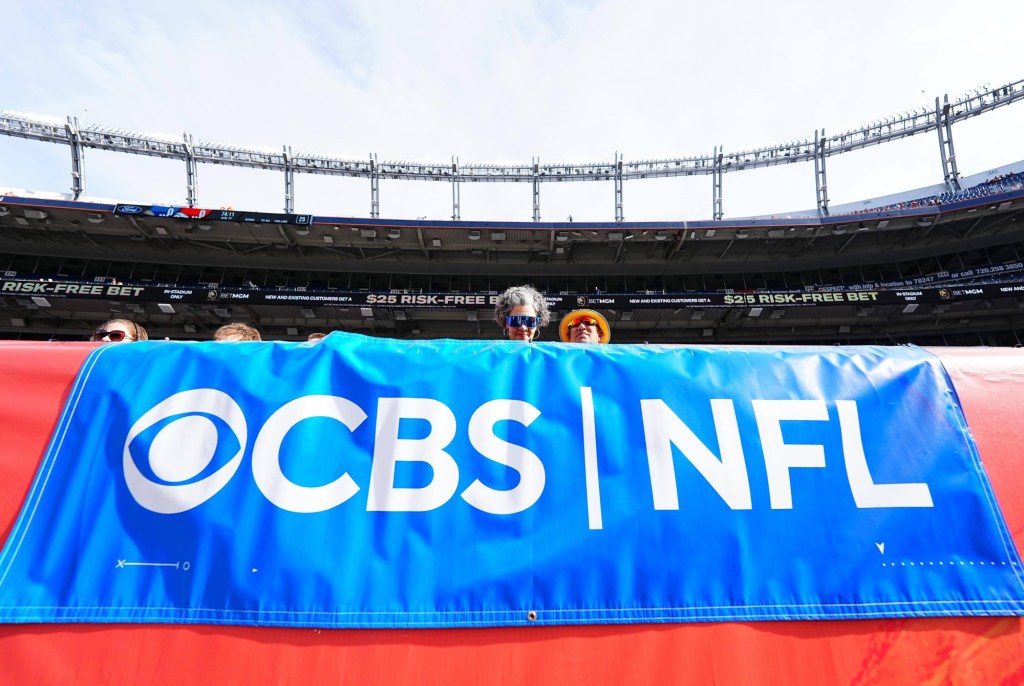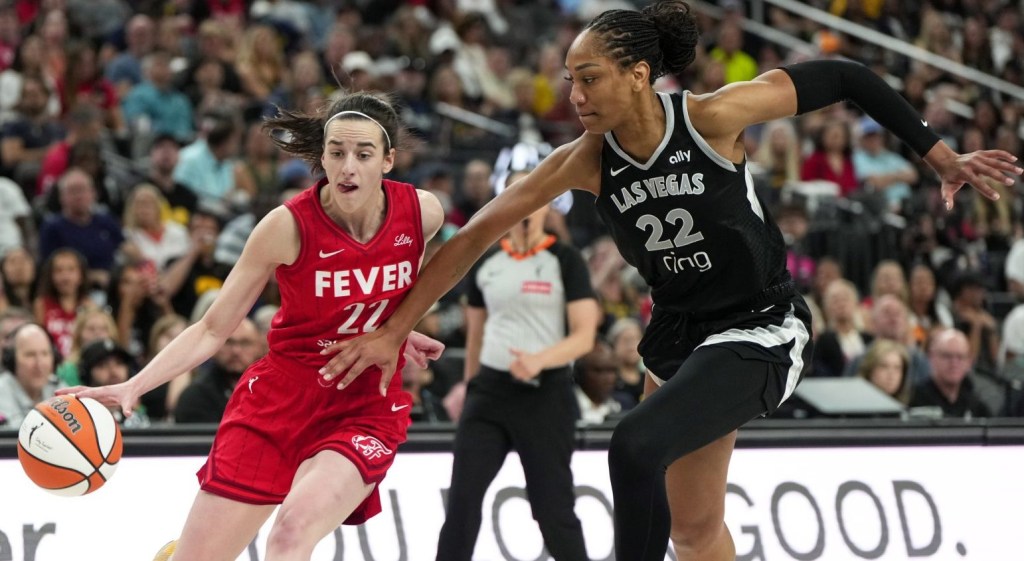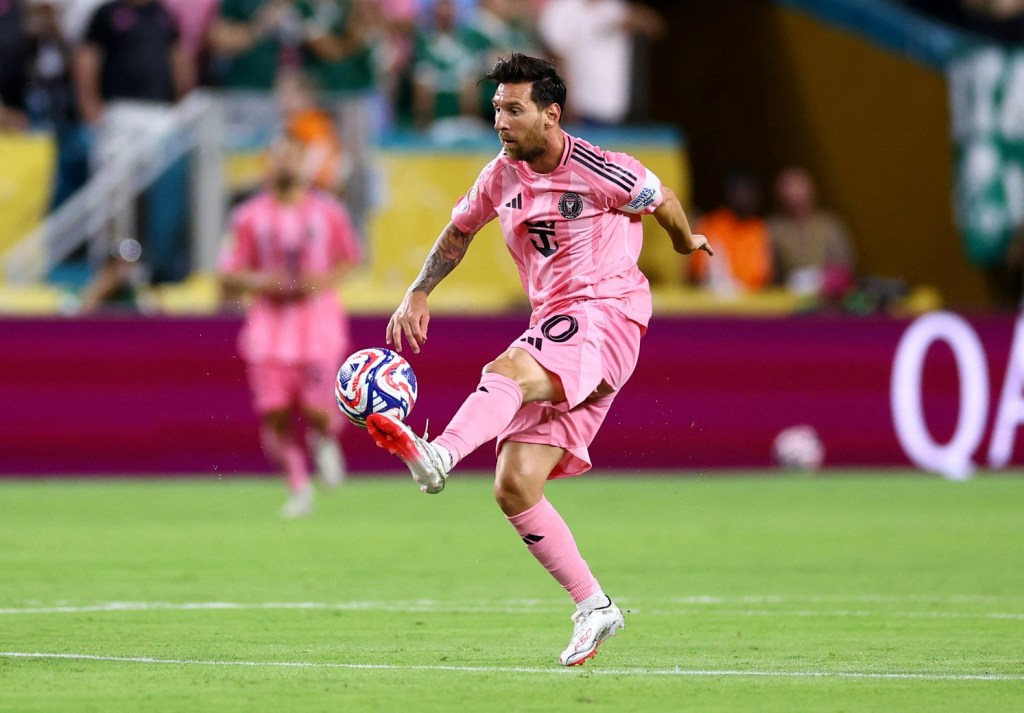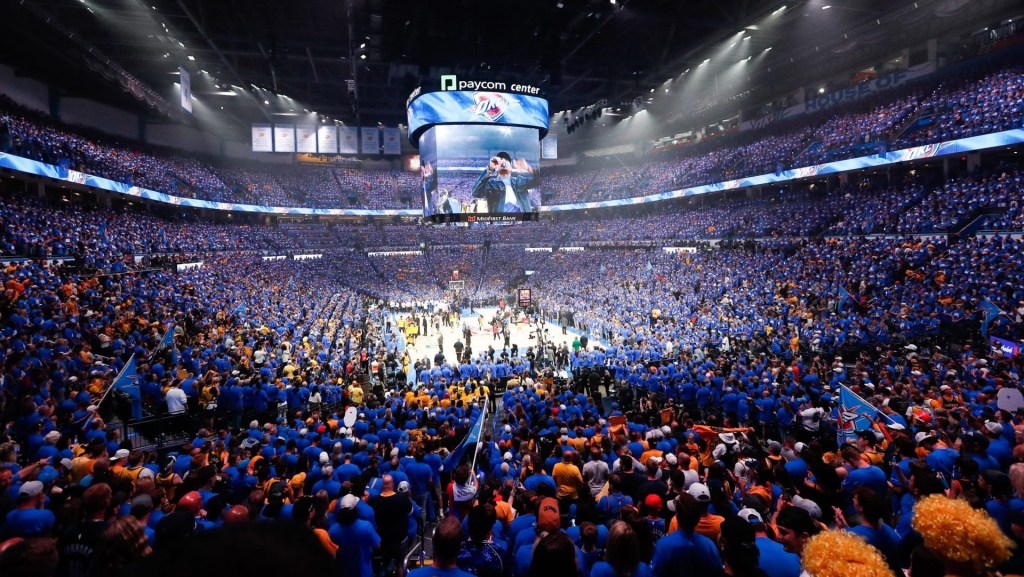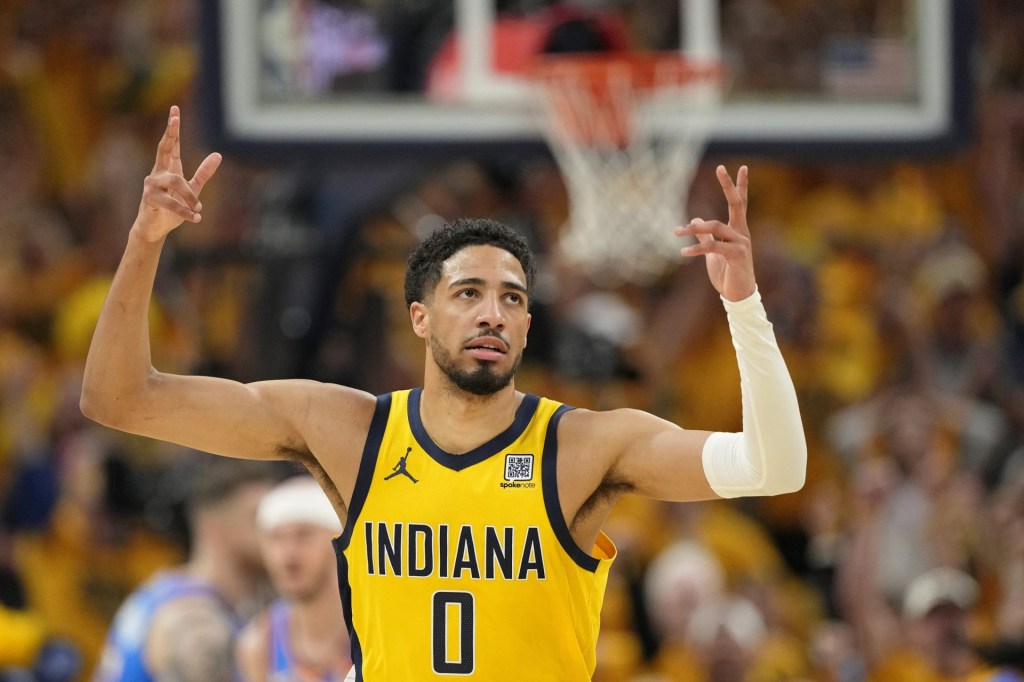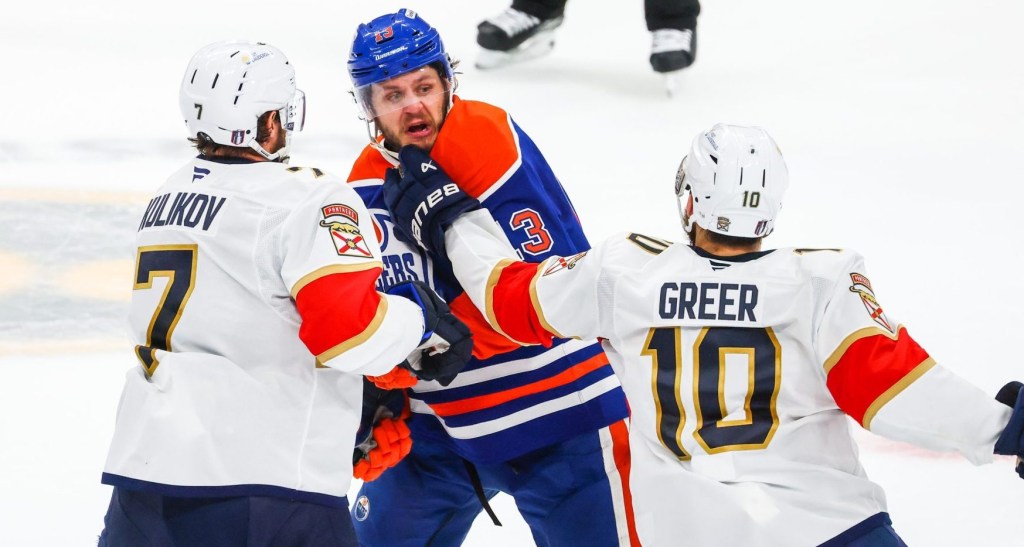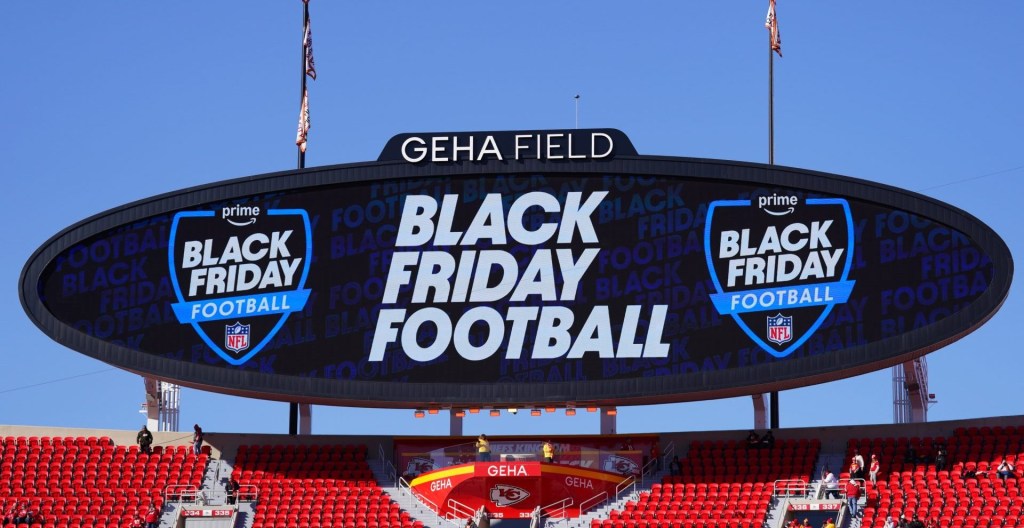Jemele Hill has become a multimedia brand since leaving ESPN nearly two years ago.
She serves as a contributing writer for The Atlantic and hosts a weekly podcast on Spotify dubbed “Jemele Hill is Unbothered.”
In April she launched a podcast devoted to the HBO drama, “The Wire,” for Bill Simmons’ The Ringer. This summer, she and former ESPN colleague Cari Champion will co-star in a weekly Vice TV talk show called, “Disruptors with Jemele Hill and Cari Champion.” Along with longtime friend Kelley L. Carter of “The Undefeated,” she’s also has her own production company called Lodge Freeway Media.
It’s been nearly three years since Hill sparked an ESPN firestorm by blasting President Donald Trump on Twitter. She called the President a “white supremacist.” Trump blamed Hill for ESPN’s “tanking” ratings. Hill got in trouble with then ESPN president John Skipper. But she never apologized to Trump or backtracked from her statements.
The often outspoken Hill was trending again on Twitter this week as she weighed in on the Bubba Wallace/NASCAR story. During an interview with Front Office Sports, she pulled no punches with her thoughts on NASCAR, the NFL, ESPN, and former colleague Bill Simmons.
Front Office Sports: Give us your take on Bubba Wallace in the wake of FBI investigation and NASCAR’s photo of the noose found in his garage.
Jemele Hill: It’s unfortunate that people are using the outcome of this investigation to smear Bubba Wallace, and use it as a strawman. I don’t get why anyone would be upset that NASCAR investigated this incident and brought in the FBI. What other choice did they have? If they don’t take it seriously, what message would that have sent?
Some people were upset with me because I had the nerve to point out that NASCAR has racist fans and that racism was fused to its brand. But that’s the bigger issue. Let’s not forget that a couple months ago driver Kyle Larson used the n-word during a virtual race.
Let’s not forget that Dustin Skinner, the son of driver Mike Skinner, said after the noose was discovered that he wished someone would have tied the noose around Bubba’s neck and drug him around the track. They just banned the Confederate flag earlier this month. So regardless of the outcome of this investigation, racism in NASCAR is an issue.
FOS: How will nationwide protests over George Floyd inspire athletes? What happens when the games return?
JH: A lot of athletes, seeing how the conversation has shifted, feel much more empowered to speak about their racial experiences, to speak about racism in their own sport and racism in this country in general.
There has always been a feeling among black athletes that if they did speak out, there was going to be a huge penalty to pay. We saw, obviously, one of the greatest examples in what happened with Colin Kaepernick. Seeing how he was treated, and effectively blackballed from the league, probably discouraged a lot of athletes from speaking out. They wondered: Is the price really worth it?
But I think now that public opinion has shifted, and for that matter a lot of the sports, at least on paper, are saying they encourage the protests, and encourage [players] speaking out, I think they’ll just feel a lot safer in doing so than they did before.
FOS: Do you expect multiple NFL players to take a knee for racial justice this season?
JH: I do. I expect that there will be a great deal of athletes who do it. I think part of it is not just them feeling empowered, but I think this is also a really good test for the NFL. It’s easy to say in the off-season, when there are no games being played, when nothing is theoretically at stake, whether or not they would support the protests. But when they’re actually happening and, as we all expect, the President is in real time criticizing the players who do it, will the NFL actually have the gumption to stick to their word? I think players want to see whether or not the NFL will cower in this moment – because they did it before.
FOS: Do you expect the President to reach back into his 2017 playbook and bash kneeling players?
JH: Yes I do.
FOS: Does Trump go after you again?
JH: I don’t know if he’ll bring me up again because I don’t know if it’s as beneficial for him since I’m not with ESPN anymore. But I do expect him to have a great deal to say if the players actually do it.
You have to understand, we may not be looking at just NFL players doing this. We could see this in college sports. We could see this in a number of sports, where athletes feel they want to make their voices heard. Because it does play so well with his base, I think it would be impossible for him to resist going back to the same playbook again.
I mean, especially since he sees it as a useful distraction tool. We’re still failing miserably at our response to the pandemic. There are economic issues that are happening in this country and just a host of serious issues in addition to racism. Not saying that racism isn’t a serious issue. But I think him speaking about the NFL has played well for him in the past. I think he’s going to presume that it will play well for him now.
FOS: What was it like being publicly and personally singled out by the President?
JH: It was more surreal than anything because I couldn’t believe that somebody in that position of leadership in our country actually had the time – and actually cared.
Given how much the national media picked up on it, and his favorite channel Fox, I guess he just couldn’t help himself. It was a life changing moment. Not because I actually cared about what Donald Trump said about me because I really didn’t – and I still don’t. But life-changing in the sense of I already had a decent profile. But it really exploded the degree to which I was known.
It took me in a different space because I was so used to being in the sports space. Then suddenly I’m known in political and news spaces. It brought a matter of chaos to my life. I’m trying not to stereotype all of his base. Let’s just say a good percentage of them are just very aggressive in their defense of him. So I had to then start to worry about my own public safety because of the backlash that I was receiving, which the President so happily stirred in my direction.
FOS: The NFL’s TV partners showed players protests the first two years. But they largely swept them under the rug the past two seasons as the number of kneeling players dwindled. How will the networks handle NFL player protests this time?
JH: I think the networks would be irresponsible if they didn’t show them. I’m not saying that they have to show them every week, because I realize there may be a certain level of fatigue, or they just may not be as newsworthy if this is something that they show continuously for, say, a month. But in the beginning, given everything that’s happened this year, they would be journalistically irresponsible not to show them because they have to make the connection between the unrest and the protesting. And the fact that racism has become the number one emphasis in America right now. There is a heavy interest in seeing how athletes respond to this moment. George Floyd does not have had to have died a week before to make it newsworthy. I think it’s going to continue to be a pervasive issue in the fall.
I think they have to show people what’s of concern to these professional athletes. I’m sure they will spend a lot of time hand-wringing about it, because of some of the negative reactions they’ve received in the past. But the story is too big for them to ignore it. I just think it would be hugely irresponsible to try to do that.
FOS: If players protest, won’t it damage the league’s TV ratings, attendance and ad support?
JH: No. I always thought that was a false line that people drew between Colin Kaepernick’s protest, and for that matter the other players that protested, and the declining ratings. There were very clearly weeks when the NFL did exceptionally well in the ratings.
When the [Dallas] Cowboys are playing [the] Green Bay [Packers], nobody’s thinking about a protest. To me, the drop in ratings was always a straw man. I think some of it could be tied to the games. It could be tied to a big star like Peyton Manning leaving the game. It could be tied to the fact that we’re just into a new generation of consumers
READ MORE: His And Hers: Jemele Hill and Michael Smith Could Reunite Again
As much as people tried to act like football was completely bullet-proof, and incapable of being vulnerable in the same way a network like ESPN or other networks have been, the threat from streaming services is real.
With younger sports fans in particular, a lot of them don’t want to sit for three and a half hours and watch a game. That was always the root of it. We just have a more changing dynamic and relationship with television than we’ve had at any point in history.
This fall, if the football is good, I don’t think most sports fans are going to really care about the protests. It’s not going to influence them from watching it. I mean, you’re looking at fantasy football, which is a billion dollar industry. People are too invested in football. Anybody who says they’re not going to watch because of the players protesting, I honestly don’t think they’re being that sincere.
I’m sure there are some that will be committed to it. But for every person that turns off the TV, there’s a 100,000 more that will [watch]. So trying to cater to that crowd, to me, was always a mistake. Because I just didn’t believe that they were ever really that much of a threat as the way the NFL responded.
FOS: What do you think of ESPN’s coverage since George Floyd’s death?
JH: I have been pleasantly surprised. I think that they would have always covered it, even if still under the cloak of sticking to sports and keeping politics and social issues out of the coverage, because it was just too newsworthy. Regardless they would have still made the right decision. But I am surprised at the degree in which they have decided to cover it, making it a prevalent topic for weeks. What we saw with the ESPYS? They have clearly made a conscious decision that they’re not letting this go now.
I don’t know if their coverage would be the same if the NBA were in season. If the games are still going on, would they be this committed? But I was surprised, to be honest, because they seemed to be really working overtime to create a safe distance from these issues. But they probably realized that was impossible to do. Not only were the athletes not going to allow them to not be dragged into this conversation, employees at ESPN we’re not going to allow it either. So I think they really didn’t have much choice.
READ MORE: NFL TV Partners Debate Showing Player Protests
But for me, I’m happy that a lot of my friends who are still at the network seem that they’re able to find a voice, and they’re able to express some very personal experiences. For that matter, being looked at as thought leaders on this issue, I’m happy that they’re experiencing the freedom to do this.
FOS: You tweeted this was the ‘blackest’ ESPYS you ever watched. That you would have bet money the phrases ‘Black Lives Matter’ and ‘White Privilege’ would never appear on the ESPYS.
JH: Yes. I was flabbergasted. To give an example, there was the summer [of 2016] where Philando Castile was murdered and the situation in Dallas with the police officers who were unfortunately killed. That summer was a very volatile summer in terms of this issue as well.
I remember when Dwayne Wade and Chris Paul and LeBron [James] and Carmelo [Anthony] all took the stage at the beginning of the ESPYS. Compare their statement versus what we saw at this particular ESPYS. And It’s night and day. I think the message that Chris Paul and Co. delivered was a little more benign. It did not mention the words ‘Black Lives Matter.’ It certainly did not mention ‘white privilege.’ But they clearly had been thoughtful in what they wanted to say. It was clearly more of a unifying message.
This was so in your face – and so black in your face – I was honestly stunned. I didn’t think ESPN had it in them. I really didn’t. To see that was an encouraging sign they’re starting to understand that they can’t sit out a conversation like this. And they can’t let people who have their own agenda, drive them away from a conversation like this. It’s just too important. I just hope it’s the same because a lot of these brands and companies who are putting themselves out there with their beliefs, and saying ‘Black Lives Matter,’ and putting out these really flowery corporate statements about standing with black people, it’s easy to do when public opinion is on your side. The true test is when it isn’t.
So when the games come back in the fall, and racism is still the topic du jour, and athletes want to talk about it, the conversation’s still being pushed, do they have the resolve to stick in the fight then? That’s what I want to see. Not just of ESPN, but any other media outlet or corporation that is choosing now to be an active participant in this conversation.
FOS: Given ESPN’s post-Floyd coverage, media analyst Rich Greenfield tweeted the network should ‘apologize’ to Jemele Hill. Do you agree?
JH: I think it’s foolish to think anybody owes you anything. I don’t need an apology. I don’t want an apology from ESPN. I left there on my own terms. It was the right decision to leave. I wouldn’t want to insinuate that there was any regret on my side when I left. I’m in a much better place right now. It’s impossible for me to say, ‘Oh, they owe me.’ I would only feel as if they owed me something, if life for me right now wasn’t better than the life that I had at ESPN. That’s not to suggest that this is a contest, but the truth is I had mentally moved on. That’s why an apology doesn’t really matter. I appreciate the credit that people have given me. ‘Oh, you were at the forefront of this issue.’ I appreciate the credit, but it’s credit I don’t deserve. Just in the sense there were plenty of people talking about these issues.
I may have, on some level, had a louder microphone than some other people. But I was not original in this regard. Even me calling Donald Trump a ‘white supremacist’ wasn’t original. Ta-Nehisi Coates did it in a very thoughtful essay for The Atlantic the same month that I did. And did it before me. It’s a little uncomfortable for me to get credit that I don’t necessarily feel like I deserve.
If people find some inspiration behind any of the things that I’ve said, or for that matter just how I carried myself at ESPN, then that’s really humbling for me. But ESPN doesn’t owe me anything.
Certainly there were some things I wish had gone differently, particularly that year on ‘SportsCenter,’ and there will be things from that experience, I probably will never necessarily get over. But I wouldn’t want to change how this all turned out. I can only speak from my side, I can’t speak for theirs, but for me, I wouldn’t want to change the result of what happened.
FOS: Has ESPN tried to hire you back? Would you consider it?
JH: No, ESPN has not reached out to me and I frankly don’t expect them to. I don’t know really what would be in it for either one of us. I know that’s really easy to say because you never say never. We’ve certainly seen people return there before. There was a time where I’m sure people never thought they’d see Keith Olbermann back at ESPN. And yet there he is. Right?
I get it. I’m sure when Michelle Beadle left for NBC, everybody was saying, ‘She’s never coming back to ESPN.’ Then she comes back to ESPN. I guess you never really want to close the door for anything. This is me speaking in this moment, having been two years removed from leaving, there are certain things that would be hard for me to get over to return. Personally. I may not feel that way five years from now, but two years later there was, to me, a trust that was broken, that would be hard to regain.
FOS: Can you elaborate? What was the broken trust? ‘The Six?’
JH: It was a combination of things that happened in my last five years there. There was something that was really special that Mike [Smith, her former on-air partner] and I had, that got destroyed a little bit. That’s something that’s never going to sit right with me.
Again, this is not to say never say never. Because you never know what path you’ll wind up walking down. They may be able to come up with a number…But for me, I was very happy with the time that I had there. I spent 12 years at ESPN. It was a wonderful experience that allowed me to get to the next level as a journalist in every single way. But it’s kind of like when you have a long-term relationship with somebody, and you break up, you can appreciate the time you spent together, without ever wanting to repeat it. So I think it would require me to trust them on the same level that I did most of the time that I was there. I don’t know if I’m capable of doing that.
FOS: I saw your comments about Bill Simmons in the New York Times. Does The Ringer have a diversity problem?
JH: In full disclosure, I don’t work for The Ringer. Even though I do the Wire podcast that’s on The Ringer’s network. My contract is with Spotify. It’s not with Bill Simmons or The Ringer. So I have an outsider’s view of everything that’s happening. I don’t know who all is employed at The Ringer. I don’t know what their organizational chart looks like.
But yes, just based on what was printed in the Times about their structure and lack of black editors, clearly Bill could do better. I don’t think that’s any stretch of the imagination to say that. I think all companies need to be probably challenged in this moment about what their diversity in the building looks like. Or how they recruit. Or what they’ve done proactively to try to groom and nurture and highlight black talent. I don’t find any reason why an autopsy isn’t a good thing.
In my dealings with Bill, he’s been great. In the conversations we’ve had about diversity and inclusion issues, he’s been very open-minded. Just based on his mentality, I think he will be able to get this right. But I think it’s important that there’s a bit of self- awareness about what the problem is. So I’m hoping that in this moment, where everybody is under much more intense scrutiny, that Bill uses it as an opportunity to strengthen the areas where he feels The Ringer is weak.
FOS: What can networks and sponsors do to impact current conversation about race?
JH: I think people need to get a lot more demanding. These leagues and these corporations need to marry what’s happening in America, the protesting, the conversation about race, to what’s happening inside their own buildings. If you still have an organizational chart that’s white and male, you have to question the level of commitment you have to standing against racism. You have to question it.
You can’t say one thing. Then inside your boardroom, look like the complete antithesis of the message you’re trying to send. I’ve always been a big believer in paying attention to what you do, not what you say. I will believe in the sincerity of these statements, the sincerity of these stances and the solidarity, if it comes with a very real reckoning inside of these leagues and these corporations about their personnel.
OFFICE HOURS: Jemele Hill Talks Next Career Steps and Where Sports and Politics Collide
I mean, the NFL, don’t talk to me about standing in solidarity with black people or Black Lives Matter, when you have three black head coaches, two black general managers and you’ve never had a majority black owner. When you recently were entertaining the idea of bribing people to actually interview and include black people in the hiring ranks. Bribing people.
What does that say about what’s happening inside the NFL? So that’s where the work needs to be done. It’s great that a lot of these leagues want to give a lot of money to ‘Black Lives Matter’ and to social justice campaigns. That money and that charity is appreciated. But charity will not dismantle institutional racism. It won’t do it. So they can throw their money and all that. But if nothing changes in the structures of the leagues, then it’s really kind of a waste of time. I would like to see them get much more proactive about solving the structural racial issues in their own league.
